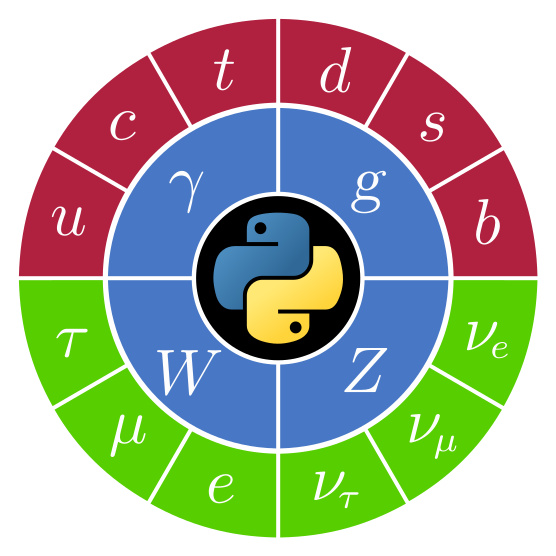PyHEP.dev 2024 - "Python in HEP" Developer's Workshop
Aachen, Germany
 PyHEP.dev is an in-person, informal workshop for developers of Python software in HEP to plan a coherent roadmap and make priorities for the upcoming year. It complements the PyHEP Users online workshop, which is intended for both developers and physicists.
PyHEP.dev is an in-person, informal workshop for developers of Python software in HEP to plan a coherent roadmap and make priorities for the upcoming year. It complements the PyHEP Users online workshop, which is intended for both developers and physicists.
Both PyHEP workshops are supported by the HEP Software Foundation (HSF). Further information is on the PyHEP Working Group website.
The agenda will consist of morning kick-off talks and afternoon discussions, in which the discussion groups and topics are self-assigned. Pre-workshop organization is happening here, via GitHub Issues.
Organising Committee
Eduardo Rodrigues - University of Liverpool (Chair)
Jim Pivarski - Princeton University
Nikolai Hartmann - Ludwig Maximilian University of Munich
Matthew Feickert - University of Wisconsin-Madison
Local Organising Committee
Peter Fackeldey - RWTH Aachen University & ErUM-Data-Hub
Angela Warkentin - ErUM-Data-Hub
 |
The workshop is sponsored by, and organized in cooperation with, the ErUM-Data-Hub. The ErUM-Data-Hub is the central networking and transfer office for digital transformation in research on universe and matter in Germany and is funded by the German Federal Ministry of Education and Research (BMBF). |

|
This event is also kindly sponsored by the Python Software Foundation. |